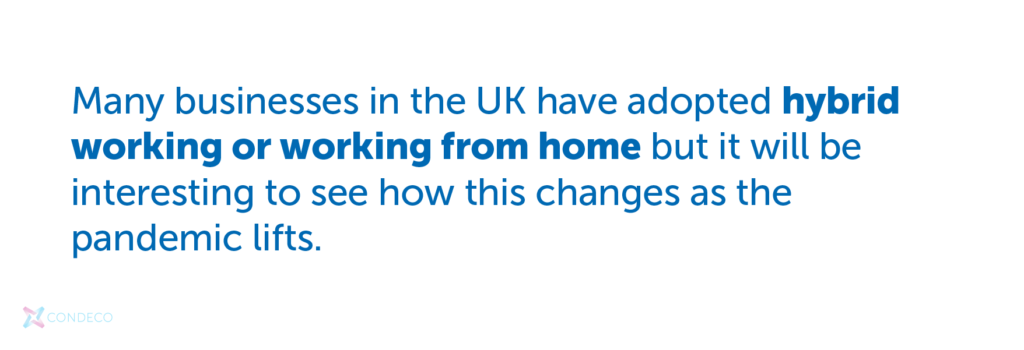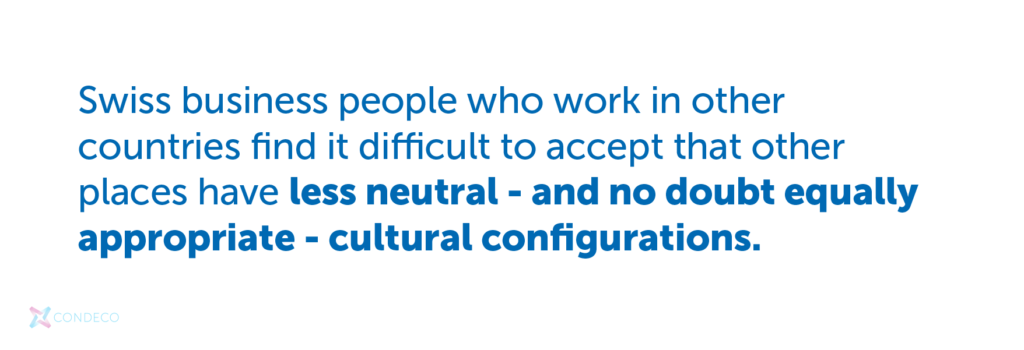
As globalization advances, it’s becoming increasingly important to understand how different types of work culture differ. These cultural differences are as large as they ever were and, as the world becomes increasingly ‘flat’, their importance is growing.
With globalization leading to more interactions among cultures, it’s crucial to be familiar with the preferences and behavioral patterns of colleagues who come from a different continent. It’s even more crucial when considering how to optimize your organization for flexible work. What might be effective in the UK may not be so welcome in the USA. Giving people control over their working lives, the ability to collaborate and the capacity to make the most of resources available could require a careful balance of cultural nuances.
In this article we take a brief look at the work cultures of major economies and how they approach flexible work. This is a general guide as, of course, every company is different, but still well worth bearing in mind.
The USA

Americans emphasize control and mastery in the work culture. For example, meetings are for making decisions and, if there’s a problem to solve, all relevant arguments are put on the table and a decision is made. Having effective time management is a key criteria to achieving meeting success and will require careful scheduling to ensure the right people are in the room for the right amount of time. Technology is available that makes this simpler for those following a hybrid work model.
China

Meetings are different in Asia compared to many Western countries. In many cases, participants are already familiar with the subject and the decisions that have been made – no discussion takes place. Disagreeing with an older person is also considered inappropriate – the most important thing is for the group to be in harmony. The upshot is that it is essential to create the capacity for teams to meet whenever progress is required either on site or online.
Denmark

Flexible working is already an accepted part of Denmark’s working culture. There is a short working week of 37 hours with many people leaving at 4pm to attend to childcare needs. Employees are discouraged from working more hours and, in addition to flexible hours, Danes are legally entitled to five weeks’ paid vacation per year. For those moving to a hybrid work model this makes the cultural change simpler, but needs to be merged successfully with other international mindsets, even when it comes to something like emails.
Belgium

In Belgium, it’s important to note that employers also need to clearly separate working time from non-working time. This is a challenge for employers when employees work from home and there needs to be a clear signal that computers should be switched off at the end of the working day. Year long ‘career breaks’ are also the norm in Belgium, as are mandatory vacations, paid time off, and both maternal and paternal leave.
Ireland

The Irish Government has taken a clear stance on the need to disconnect. Employees have the right to be offline after work hours, and employers may be penalized for not separating work and home life. Make sure you’ve established your Irish flexible working rules and people understand that they’re expected to stick to them.
Japan

The working culture of Japan has traditionally been very work-focused. The COVID pandemic has seen more companies start to bring in more flexible working options. Telecommuting became more popular during the 2019 Olympics to reduce traffic in the cities. For international businesses this will make the introduction of flexible work easier but deep seated attitudes will be more difficult to change.
France

Employees also have a right to disconnect after work. A short 35-hour work week and a minimum of five weeks of vacation also need to be taken into consideration. Your French workforce is likely to embrace flexible working.
South Korea

‘Industrious’ is perhaps the best word to describe the South Koreans and it’s a country with the most working hours per week in the world. When working with colleagues in other countries, it will be important to ensure that this ethos does not end up influencing your entire organization’s culture. Hard work leads to profit but smart work can be more productive.
UK

Many businesses in the UK have adopted hybrid working or working from home but it will be interesting to see how this changes as the pandemic lifts. At the moment it looks like there has been a permanent shift to the expectation that employers should provide flexible work opportunities.
Spain

If you think Spain is all about siestas then they really aren’t that common nowadays. Spaniards often clock in the most hours, some not leaving until 8pm. But friendships in the workplace are important in Spain and the ability to meet up in a communal space is an important consideration.
Sweden

Often hailed as having one of the best work-life balances in the world, Swedes indulge in ‘fika’ – a coffee and ‘sweet treat’ break that could be welcomed by colleagues on a wider level. Swedish offices also often have flat hierarchies and a shift from status-orientated spaces can be simpler.
Switzerland

Switzerland is both politically neutral and culturally neutral (but not without culture!). Perhaps this is why the Swiss are the world’s bankers, and why – beyond attractive tax regulations – so many international companies have decided to locate there. However, Swiss business people who work in other countries find it difficult to accept that other places have less neutral – and no doubt equally appropriate – cultural configurations.
Variety gives strength
Having a multicultural workforce can be an immense strength to any business. However, different work cultures in countries around the world are adapting to hybrid working in different ways. To connect these cultures across international organizations, you need technology to harmonize projects so a unified culture of collaboration is created that respects national nuances.
In the end, we are all human and you will be able to find a point where everyone feels comfortable with your arrangements, backed up by the infrastructure to make it work. Your culture will be a culture of success.
*The original article on this topic was first published on 3 April 2014 by Martha Maznevski via Credit Suisse



